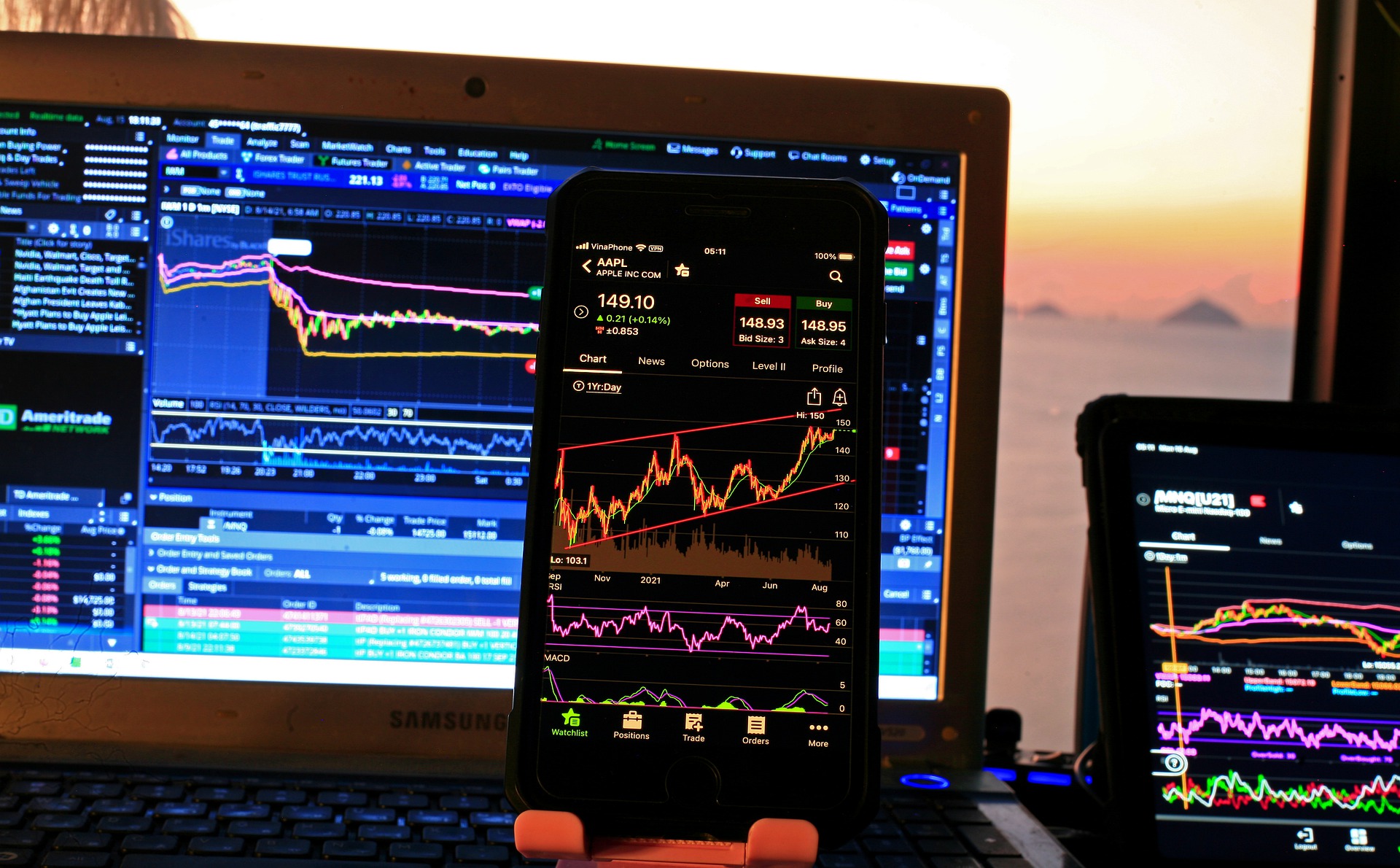Forex Trading
Forex: FAQs About Binary Options

In the world of binary options trading, several questions frequently come up. Here are some answers to some common ones:
Binary options trading is legal in the United States?
Yes, it is perfectly legal in the United States. Many brokers require traders to confirm they are not American citizens. US citizens can trade binary options with brokers based overseas, but they will need to verify their citizenship to make withdrawals.
What is the best way to learn about binary options?
One of the most popular places for people who want to learn more about binary options is BinaryOptions.net. We offer an entire section filled with educational content covering everything from beginner’s guides and strategy videos to real-money trades being recorded live while you watch. There are also dozens of articles filled with tips and advice on how traders can improve their skills before making a deposit or choosing a broker.
For those who want access to premium information without having to pay money, there are many free resources available online. Anything published by the Nadex Exchange is always available for free on their website. We also have dozens of quality articles posted on this blog that are entirely accessible to the public. It is an excellent way for people who are brand new to binary options or simply looking for additional information about any particular topic.
What kind of factors should I look at before choosing a broker?
It’s one of the most critical questions traders will need to ask themselves before deciding which broker they will be depositing to and ultimately trading with. You need to find a broker you can trust, and doing your homework upfront ensures you only work with the very best brokers in the industry will save you tons of time and money in the future.
These days, there are many reputable brokers you can work with, but it is still critical to do your homework and ensure they are a trusted name in the industry. Anyone can create a website claiming they are a broker, so it is always best to research upfront. It includes making sure their software is well-known in the industry and in good standing with both regulatory bodies around the globe and many traders in general.
What if I want to deposit money into an account set up at a binary options broker?
Deposits into US-based accounts can be made from anywhere globally, unlike many other forms of trading, which typically only accept deposits from within specific jurisdictions. To make a deposit, you will need to make sure your funds are in the currency of the broker you want to work with during the time of your deposit. Withdrawals typically cannot be made using various currencies, but this is something that you should factor into every decision.
Although US-based traders get access to pretty much any binary options broker around, some brokers do not accept deposits from US citizens at all. Their account will remain empty until they can find a broker that accepts American clients and allows them to fund an account and start looking for opportunities to profit in the market.
However, finding these trades can sometimes be difficult if you don’t know where or what types of brokers fit this description.
What is the difference between binary options and regular options?
It might sound simple, but it certainly helps to understand why such a different market has been created in the first place. When you trade stocks through your online brokerage, you are making a bet based on how much a particular stock will go up or down within a specified amount of time. This kind of trading is known as “vanilla” because it makes use of traditional options contracts.
All investors in the US had had access to since 1934 when these kinds of products were brought under the purview of the Securities and Exchange Commission. On the other hand, binary options are different since they involve a fixed payoff if your bet is correct and nothing at all if you’re wrong. The binary aspect comes into play because it essentially boils down to a yes or no question about whether an asset will go up or down in value by a certain amount within a certain amount of time.






